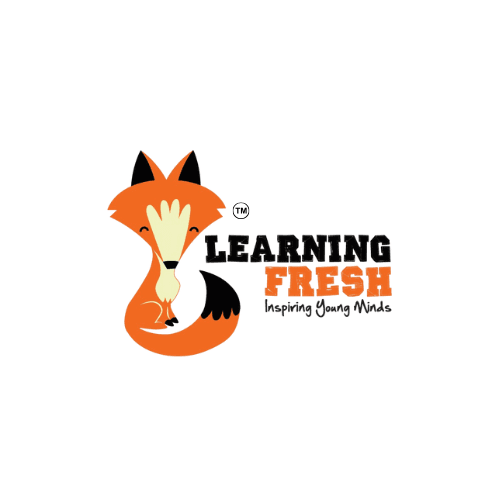Navigating Educational Decisions: ADHD Support and Skill Development in KL
Understanding ADHD in the Educational Context
Attention Deficit Hyperactivity Disorder (ADHD) is a neurodevelopmental disorder that affects many children and adults worldwide. In Kuala Lumpur, navigating educational decisions for children with ADHD can be challenging due to the unique needs and support required. It's essential for parents and educators to understand the disorder and implement effective strategies to support these students.

ADHD can manifest in various ways, including difficulties in maintaining attention, hyperactivity, and impulsivity. These symptoms can significantly impact a child's learning experience and academic performance. However, with the right support and strategies, students with ADHD can thrive in their educational journey.
Finding the Right Educational Environment
Choosing the right school or educational setting is crucial for children with ADHD. In Kuala Lumpur, there are several options available, ranging from mainstream schools to specialized institutions. Parents should consider the level of support each school provides, including access to special education resources and trained staff.
Specialized programs that focus on individualized learning plans can be particularly beneficial. These programs often include smaller class sizes, allowing for more personalized attention and tailored teaching methods. It's also important for schools to foster an inclusive environment where all students feel valued and supported.
The Role of Teachers and Educators
Teachers play a pivotal role in supporting students with ADHD. They can implement various strategies to help manage symptoms and enhance learning outcomes. This includes using clear instructions, providing regular feedback, and creating structured routines. Additionally, incorporating movement breaks and hands-on activities can help maintain student engagement.

Professional development opportunities for educators in KL are also essential. Training sessions that focus on understanding ADHD and effective teaching strategies can empower teachers to better support their students. Collaboration between teachers, parents, and specialists is key to creating a comprehensive support system.
Skill Development and Extracurricular Activities
Beyond academics, developing life skills is crucial for children with ADHD. Participating in extracurricular activities can provide opportunities for social interaction, teamwork, and leadership skills. Sports, arts, and music programs in KL offer students a chance to explore their interests and build confidence.
Parents should encourage their children to engage in activities that they are passionate about. This not only aids in skill development but also helps in managing some symptoms of ADHD by providing a positive outlet for energy and creativity.

Accessing Support Services
Kuala Lumpur offers a variety of support services for children with ADHD and their families. These services include counseling, occupational therapy, and educational therapy. Working with professionals who understand ADHD can provide valuable insights and strategies tailored to each child's needs.
Support groups for parents can also be beneficial. Connecting with other families who share similar experiences provides a sense of community and an opportunity to exchange advice and resources. Local non-profit organizations often facilitate these groups, making them accessible to many families.
Embracing a Holistic Approach
A holistic approach to education for children with ADHD considers both academic and emotional well-being. Schools and families in KL are increasingly recognizing the importance of this approach in fostering a supportive environment that nurtures all aspects of a child's development.
By understanding ADHD and implementing effective strategies, parents and educators in Kuala Lumpur can make informed decisions that positively impact their children's educational experiences. With the right support, students with ADHD have the potential to succeed academically and personally.
